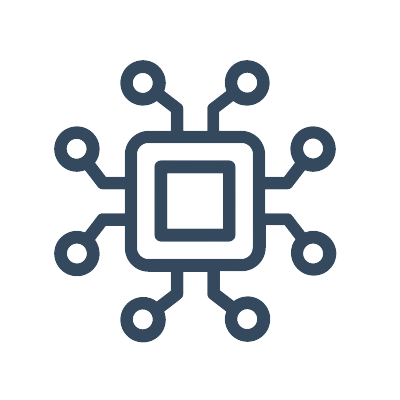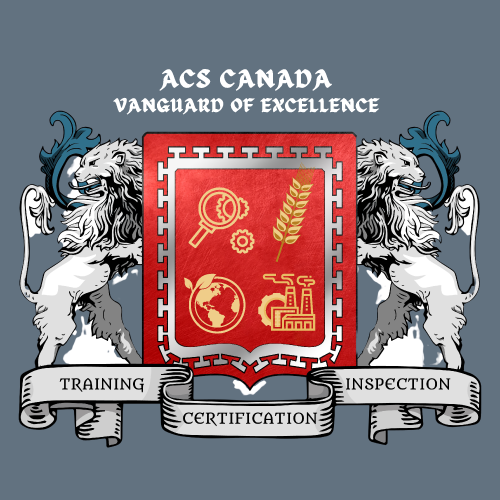ISO 56002 CERTIFICATION

INNOVATION MANAGEMENT SYSTEM
ISO 56002 guides the organization to determine its innovation vision, strategy, policy, and objectives, and to establish the support and processes needed to achieve the intended outcomes.
An innovation management system is a set of interconnected and interacting pieces aimed towards the value creation. It provides a standard framework for developing and deploying innovative capabilities, evaluating performance, and achieving desired goals. The elements can be gradually implemented to establish the system based on the specific environment and conditions of the company. When the business implements all of the parts of the innovation management system, the organization will reap the full advantages.
Standardizing innovation management
Standards are developed to normalize technical knowledge on relevant issues to obtain uniformity in how the processes are conducted in the companies and organizations.
Benchmarking of the frameworks of innovation management
In the scope of this dissertation six actively practiced and internationally known conceptualized tools of innovation management were identified and examined. Three representing an academic approach (two of which are standards).Keith Goffin & Rick Mitchell Innovation Pentathlon framework, Spanish linear Innovation Model and Portuguese chain-interactive Innovation Model.
a. Keith Goffin & Rick Mitchell Innovation Pentathlon framework (2005)
b. A.T. Kearney House of Innovation (2006)
c. Spanish linear Innovation Model, UNE 166002:2006
d. Portuguese chain-interactive Innovation Model, NP4457:2007
e. Accenture Performance Innovation Engine (2010)
f. CEN-Committee 389 Innovation Management, Part 1: Innovation Management System, CEN/TS 16555-1:2012
g. Arthur D. Little´s Innovation Excellence Model (2013)
Innovation management principles
An innovation management principle includes a statement of the principle, a rationale of why the principle is important for the organization, some examples of benefits associated with the principle, and finally examples of actions the organization can take to improve performance when applying the principle.
Realization of value,
Future-focused leaders,
Strategic direction,
Culture,
Exploiting insights,
Managing uncertainty,
Adaptability,
Systems approach.
BENEFIT OF IMPELEMENTATION AND CERTIFICATION
Increased ability to manage uncertainty,
Increased growth, revenues, profitability, and competitiveness,
Reduced costs and waste, and increased productivity and resource efficiency,
Improved sustainability and resilience,
Increased satisfaction of users, customers, citizens, and other interested parties,
Sustained renewal of the portfolio of offerings,
Engaged and empowered people in the organization,
Increased ability to attract partners, collaborators, and funding,
Enhanced reputation and valuation of the organization,
Facilitated compliance with regulations and other relevant requirements.
Training at ACS Canada
ACS employs accelerated learning methods to ensure a comprehensive grasp of all certificates. Our approach involves contextualizing your learning through a wide array of options, including classroom instruction, workshops, as well as interactive and online sessions.
ISO 56002 CERTIFICATION Training - 1

ISO 14006 Eco-Design
The aim of this course is to provide delegates with the knowledge and skills required to understand guidelines of Eco-Design-ISO 14006 and sustainability. ISO 14006 concept of Eco Design: ISO 14006: “Organizations are recognizing both the need to reduce adverse impacts on the environment from their product(s) and the need to include environmental considerations in […]
More About This CourseISO 56002 CERTIFICATION Training - 2

Business Statistics and Data Analysis
Every year humans are producing more and more data. The central challenge businesses and individuals face making sense of all this data we are now confronted with. This class will help introduces you to essential tools for making sense of data. Course Content: Introduction to Statistics, Descriptive Statistics (Part 1 – Tables and Graphs), Descriptive […]
More About This CourseISO 56002 CERTIFICATION Training - 3

Quantitative Methods for Business Management
This course teaches best practice quantitative methods used in conventional and sustainable business settings
More About This CourseISO 56002 CERTIFICATION Training - 4
Design of Experiment

Design of Experiment (DOE)
Design of Experiment (DOE) is a powerful statistical technique for improving product or process designs and solving process or production problems. DOE defines control changes to input variables in order to find cause and effect relationships with a minimum sample size. When analyzing a process, experiments are often used to evaluate which process inputs have […]
More About This Course
